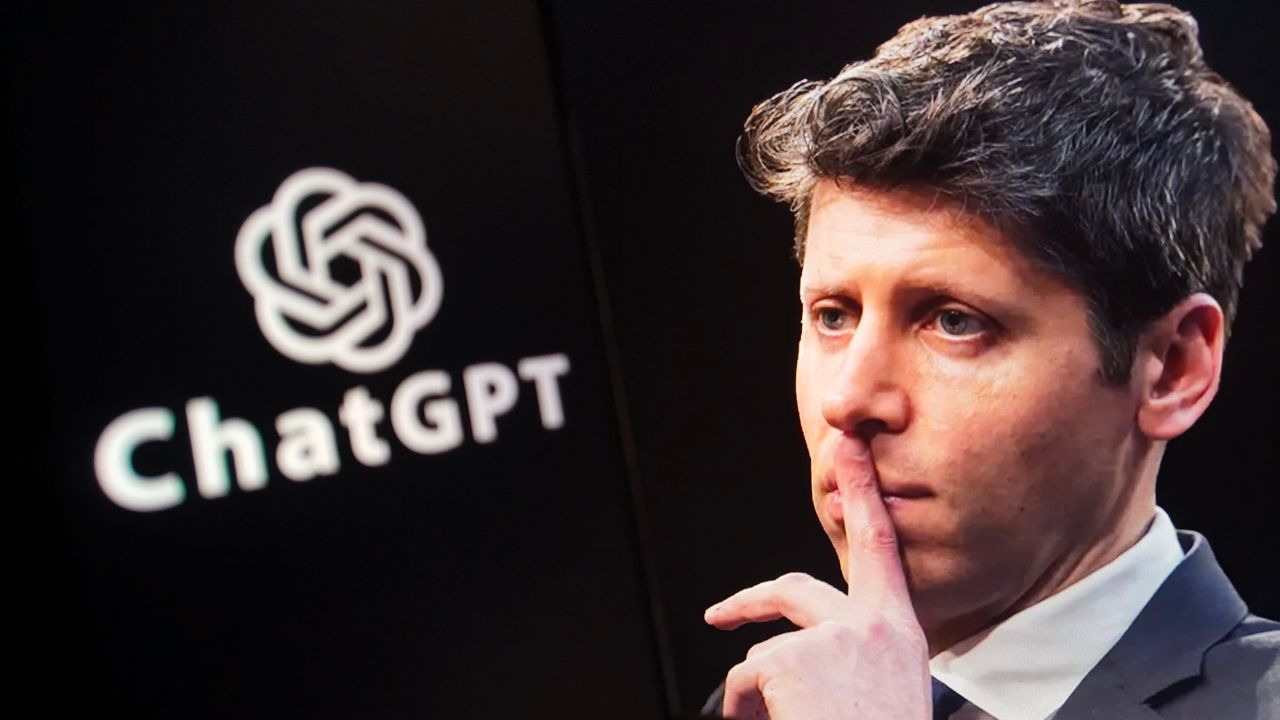
- Sam Altman says that AI’s effects keep him at night on the workforce
- Customer service agents and programmers are more affected
- Companies can reverse employment reduction decisions
The OpenAi CEO, Sam Altman, has revealed that he believes that artificial intelligence could be responsible for the general loss of jobs.
Speaking in an interview in the Tucker Carlson program, Altman said he loses the dream for the impact of AI, noting that he feels the weight of ethical and moral responsibilities as leader of Openai.
Altman added that his greatest concern is how small decisions in the model behavior could have great effects of the real world, to the point that he is less concerned about moral decisions greater than the daily consequences of the generalized use of AI.
What jobs will the AI take?
In the interview, Sam Altman said that customer service work could be at a greater risk of AI displacement.
“I am sure that a lot of customer service that occurs on a phone or computer, those people will lose their jobs and that an AI will do better,” he explained.
Citing shared research with him, Altman pointed out how about 50% of the works change significantly every 75 years or so, but AI could accelerate this, giving the workforce a short time to prepare for this change.
Looking towards the future, Altman is also worried that developers and programmers can lose their jobs for AI.
On the other hand, works that require stronger human connections, such as nursing, are less likely to be replaced.
However, Altman’s concerns are not unfounded: the CEO of Salesforce, Marc Benioff, who believes that all future CEO generations will need to manage human workers and agents of AI simultaneously, recently cut 4,000 human agents of the company’s support team in favor of AI efficiency profits.
However, many companies are still finding their feet in the AI era, following the influence of larger companies such as Salesforce. In that note, Gartner hopes that half of the companies will reverse plans to reduce customer service personnel by 2027.



